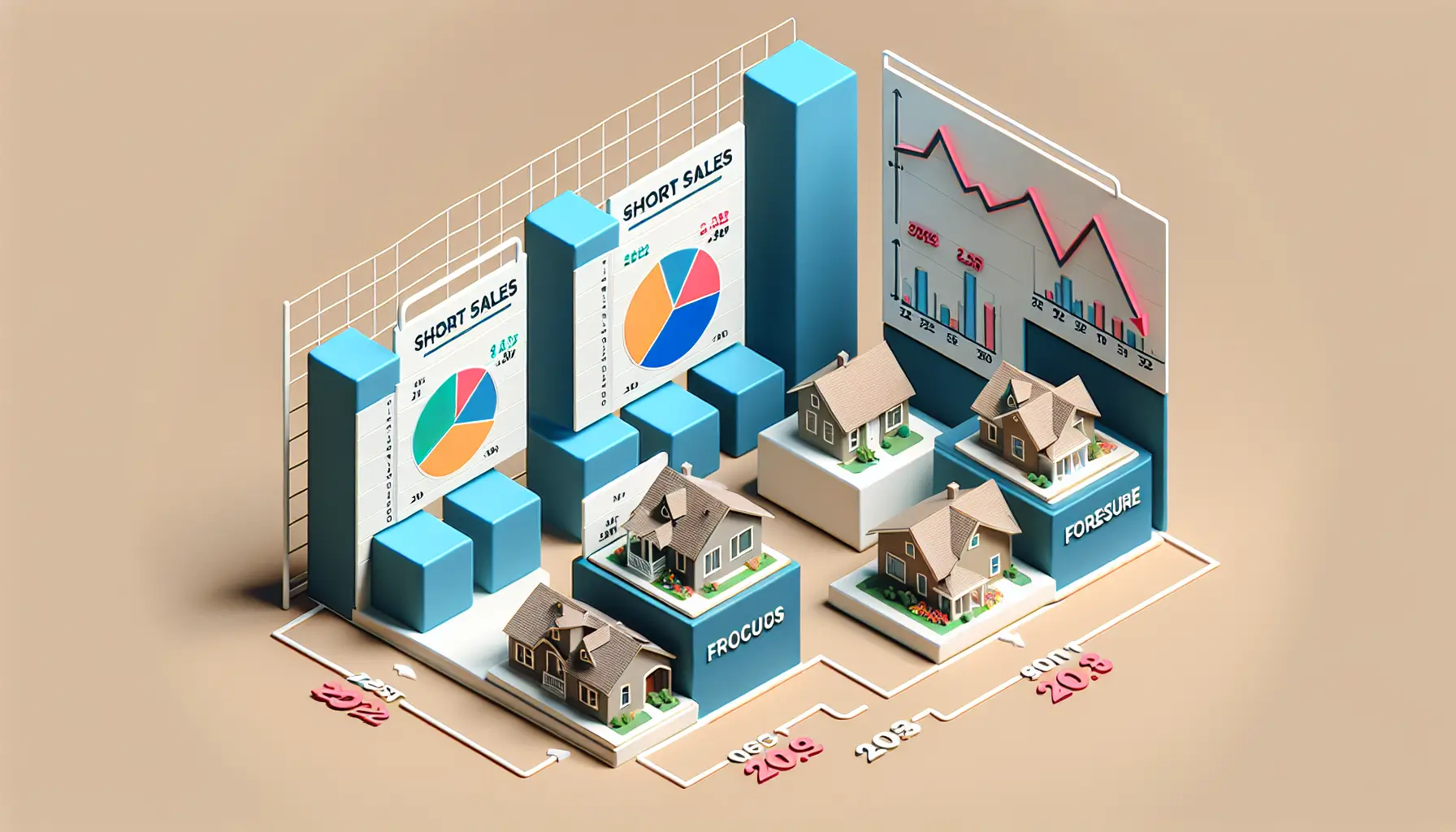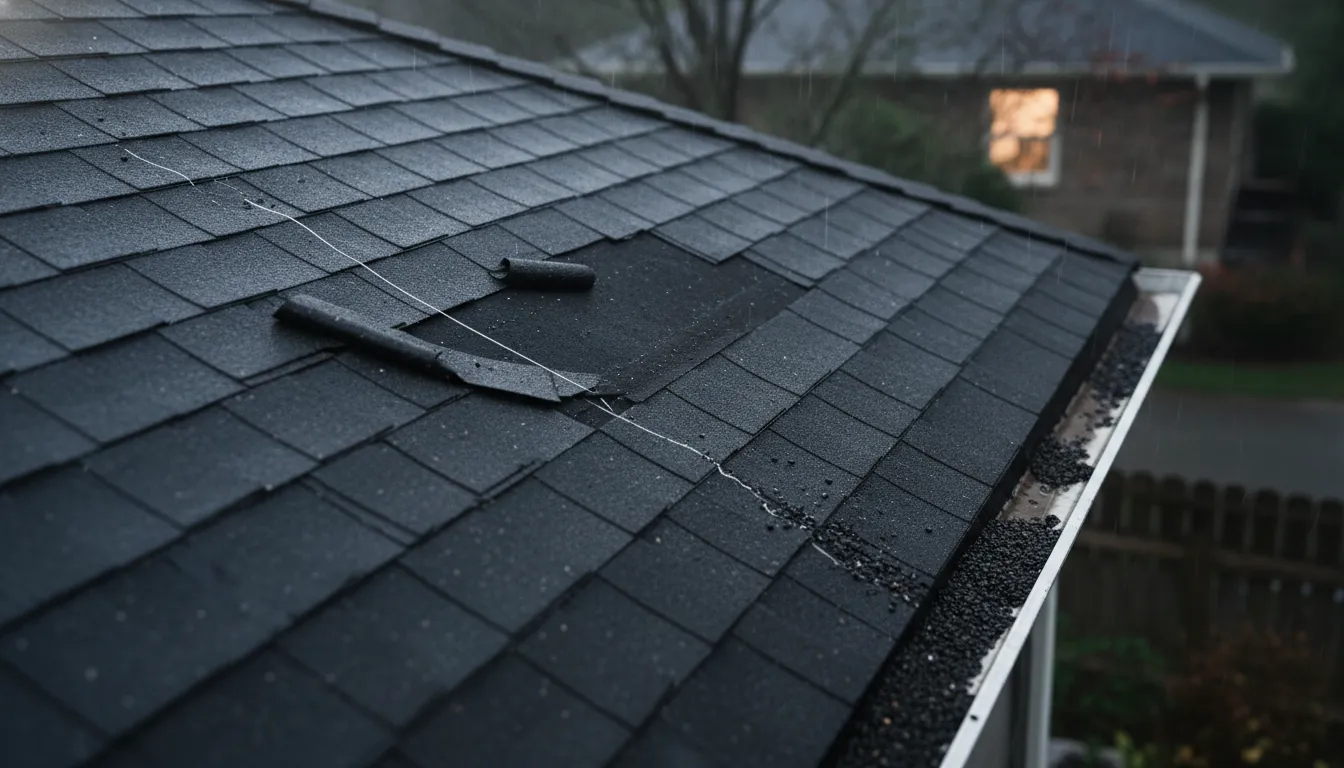
Introduction to the Current Market
In today’s real estate landscape, short sales and foreclosures are hot topics, especially in Utah. As the market fluctuates, understanding these concepts becomes crucial for both buyers and sellers. In this blog, we'll dive deep into the nuances of short sales and foreclosures, dissecting their implications, market trends, and how to navigate them effectively.
What is a Short Sale?
A short sale occurs when a homeowner sells their property for less than the amount owed on the mortgage. Typically, this happens when the homeowner is facing financial difficulties and cannot keep up with mortgage payments. The lender must approve the sale, agreeing to accept less than the owed amount. This can be a better option for sellers than a foreclosure, allowing them to avoid some of the negative impacts on their credit score.
Understanding Foreclosures
Foreclosures happen when a lender takes possession of a property after the homeowner fails to make mortgage payments. In this case, the bank or lender attempts to sell the property to recover the amount owed on the mortgage. Foreclosures can lead to significant financial losses for the homeowner, and the process can be lengthy and complicated.
The Current State of Short Sales and Foreclosures
Recent data indicates an uptick in short sales and foreclosures in Utah. As the market adjusts from the highs of 2022, many homeowners are now selling at a loss, leading to more short sales. Understanding the statistics behind these trends is essential for anyone considering entering the market.
Market Trends
As of late 2023, the market has shown significant fluctuations. Properties that were purchased at peak prices in 2022 are now being sold at lower prices, often through short sales. For instance, a property listed at $349,000 may have been bought in April 2023 for a significantly higher price, illustrating the market's rapid decline.
Price Drops and Timing
The second half of 2022 saw a notable decrease in home prices, with some areas experiencing drops of up to 15%. This trend has continued into 2023, making it critical for buyers to time their purchases wisely. The end of the year often presents better buying opportunities, as sellers become more motivated.
Analyzing Recent Short Sale Data
To understand the landscape better, let’s look at the current data on short sales in the area. As of a recent analysis, there are approximately 8,012 active listings, with 23 classified as short sales. Among these, 19 are FHA loans, indicating a trend where first-time buyers are more affected by market changes.
Explore Utah Real Estate

6400 N 775 W, Enoch, UT
$900,000
Square feet: 2,676,326 sqft

9000 N HWY 91, Richmond, UT
$150,000
Square feet: 83,635 sqft

1500 FISH CREEK RD, Bancroft, ID
$1,100,000
Bedrooms: 6 Bathrooms: 4 Square feet: 3,767 sqft
Loan Types and Their Impact
FHA loans, which are often utilized by first-time homebuyers due to their lower credit requirements and down payment options, have seen a significant number of short sales. VA loans and conventional loans follow, but the FHA's prominence in this category highlights the struggles of new buyers in a shifting market.
Why Are Short Sales Happening Now?
Short sales are not merely a result of market fluctuations; they reflect deeper issues. Many homeowners who bought during the market boom in 2022 are now underwater, meaning they owe more on their mortgages than their homes are worth. This situation is compounded by rising interest rates and economic uncertainty, leading to an increase in short sales.
The Role of the Lender
When a homeowner opts for a short sale, the lender must approve the sale price. This process can be lengthy, often taking months to finalize. Lenders are more likely to accept a short sale if they believe it will result in a smaller loss than a foreclosure would.
Negotiating Short Sales
Negotiating a short sale can be complex. Buyers should be prepared for a lengthy process, as lenders may take time to review offers and counteroffers. A knowledgeable realtor can help navigate these negotiations, ensuring that offers are realistic and within the market's fair value range.
Comparing Short Sales and Foreclosures
While both short sales and foreclosures involve selling a property for less than what is owed, they differ significantly in process and implications. Short sales allow homeowners to avoid the severe repercussions of a foreclosure, which can linger on credit reports for years. However, both options still negatively impact credit scores.
More Properties You Might Like

822 N 1120 E, Spanish Fork, UT
$379,900
Bedrooms: 3 Bathrooms: 3 Square feet: 1,643 sqft

2691 W 625 N, Hurricane, UT
$398,000
Bedrooms: 3 Bathrooms: 2 Square feet: 1,750 sqft

3660 S 4700 W, West Haven, UT
$590,000
Bedrooms: 3 Bathrooms: 2 Square feet: 1,721 sqft
Impact on Credit Scores
Short sales typically result in a less severe hit to a homeowner's credit score compared to foreclosures. For example, a short sale might reduce a credit score by 140 to 160 points, while a foreclosure can have a more significant impact. This difference is vital for homeowners considering their options.
Advice for Buyers and Sellers
For buyers looking to purchase a short sale property, it’s crucial to have a solid understanding of the process and to work with a realtor experienced in these transactions. Sellers should also be aware of their options and the potential benefits of pursuing a short sale over a foreclosure.
Strategies for Buyers
- Get pre-approved for a mortgage to show seriousness to lenders.
- Be prepared for a lengthy process, as lenders take time to respond to offers.
- Consider the condition of the property and any repairs that may be needed.
- Work with a realtor who understands the nuances of short sales.
Strategies for Sellers
- Communicate openly with your lender about your financial situation.
- Gather necessary documentation, such as income statements and hardship letters.
- Consider pricing your home competitively to attract buyers.
- Seek guidance from a realtor experienced in short sales to navigate the process.
Conclusion
In the current real estate landscape, understanding short sales and foreclosures is more important than ever. With market dynamics changing rapidly, having the right information can empower buyers and sellers to make informed decisions. Whether you’re looking to buy a home or considering a short sale, staying informed about market trends and working with knowledgeable professionals is key to navigating these challenging times.
Related Articles:












